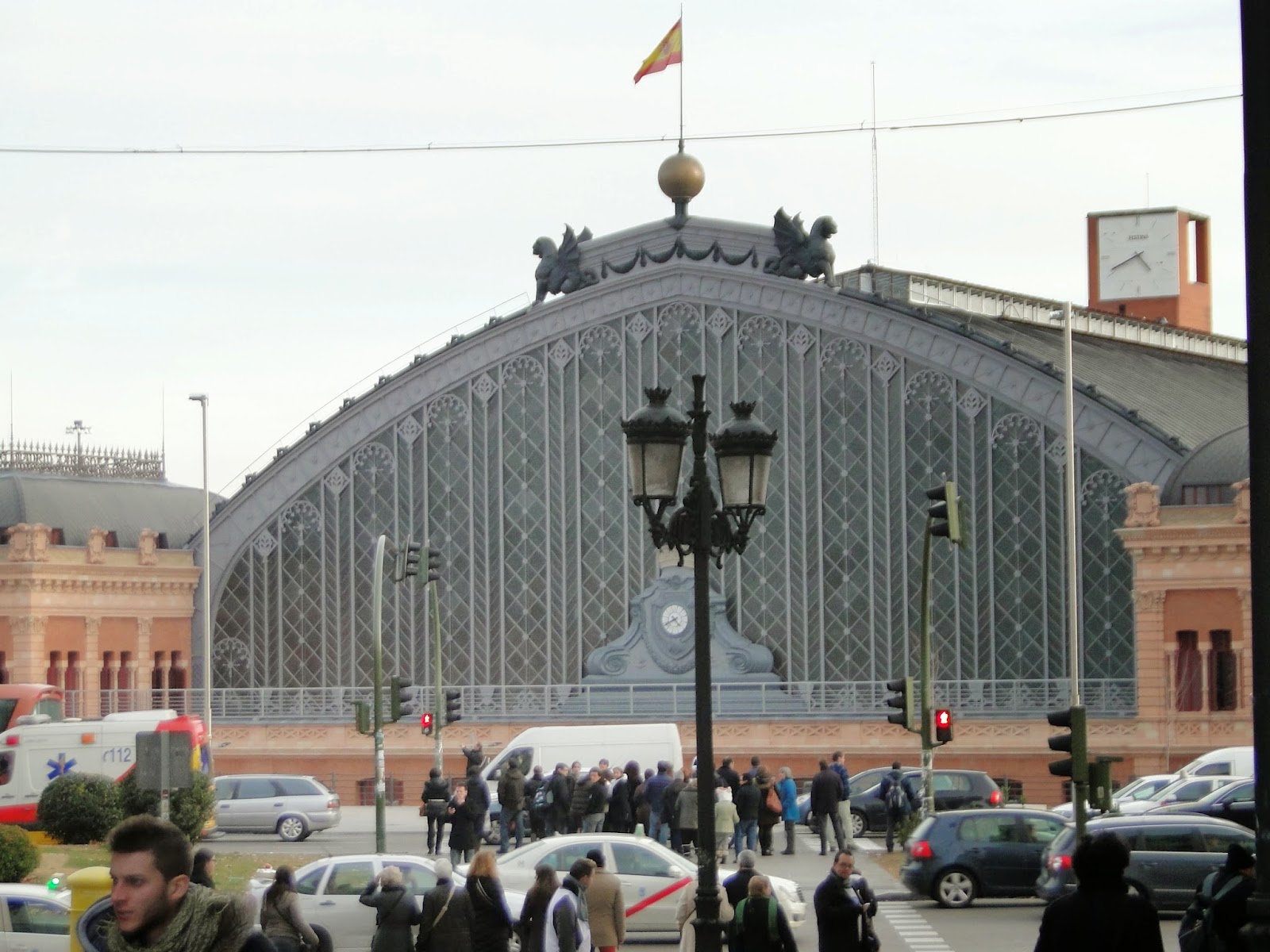Part of living on planet Earth is accepting that there are people who live in cultures that are radically different from yours and learning not to get offended by them. And part of living in other countries is getting to use cultural difference as an excuse for your weirdness.
"You mean that French don't drink tea five times a day? Well, that's just the way we do it in Brazil. . ." (NOT).
Below I've compiled a list of the most shocking cultural shocks that you might come across in your wordly travels.
#1. Greating people
This was the most fun and awkward cultural shock ever. Chances are that if you are American or Canadian (pratically the only two countries in the world to not engage in some sort of physical contact at greetings), you've experienced it too.
 |
| Horses by National Geographic. Photo by Anthony M. Tortoriello. |
In most countries of Europe and in Brazil, people greet each other by kissing each other on the cheek. Usually there is no lip-cheek contact, and people press their cheeks together making kissing sounds. It sounds weird, but it's not.
To make matters more confusing, in Brazil, people greet each other with one kiss on the RIGHT cheek. In France, it's two kisses starting on the LEFT cheek. You can imagine the awkardness of trying to kiss the right cheek when you've recently changed from one country to another.
Even more complicated is that in France, depending in what region you live in, the number of "bisous" changes. People can give two, three, or even four kisses depending on their regional culture. Here in Marseille, the rule is two, but near Avignon which is just a hundred kilometers away, people greet each other with three kisses.
#2. See you at seven o'clock
Ah, the famous ponctuality and the fashionably-late statement. In which countries does seven o'clock mean seven o'clock?
 |
| Atocha train station in Madrid, Spain |
USA: 6:55-7:03
France: 6:59-7:01
Russia: 7:15-7:20
Brazil: 7:30- ???
Being a radically ponctual person means spending a long, long time waiting for other people to show up in Brazil. But Brazilians don't mean harm by it. It's just part of Brazilian culture. This started with showing up a little late at events, so you get the 'best' of the party, the time that people are already tipsy but not too drunk. Unfortunately, this habit spread like wild-fire to the point that even when meeting a single person at a café, you can count on the person being late.
And in Russia, it isn't appreciated if you show up "early" at someone's house (by early, I mean seven o'clock sharp). Showing up fifteen minutes after the fixed rendez-vous gives the host time to prepare its house.
But as a general rule, it's safe to be ponctual (unless you're going to a Brazilian party, in which case you should be two hours late. Not kidding).
#3. When you're in a completely different universe that hasn't had contact with white people before
You've embarked on a journey to the end of the Earth on a do-gooder mission. The only problem is that when you finally meet the natives of the village you're visiting, they run away crying because they've never seen a white person before and they think you're a demon.
 |
| Harvest Festival in Swaziland. National Geographic, photo by Joyce McClure |
#4. Hair
Another thing that may shock you when you cross hemispheres is how people (for fairness sake, I'll only mention the ladies) use their hair. Many, many girls pointed this out to me as being the first cultural shock they experienced when crossing the Equator (in both directions). But if you think about it, it's only a matter of resources. Americans have a wider variety of hair products at hand, so why not make life fun with a bit of chop n'dye? Brazilians, on the other hand, tend to care less about the actual color and length of the hair, but use other products (like bananas) to make it shinier. That said, American girls also tend to spend more time on their hair before leaving the house each morning, straightening/curling, as Brazilians tend to go with the towel-dry/shake hair method. While this obviously isn't true for all Americans and Brazilians, it gives you a general idea of how women's hair behave in these countries.
 |
| Brazilian actress Camila Pitanga. Source: Globo |
 |
| American actress Jennifer Aniston. Source: Getty Images |
#5. Snow
It's funny how snow is treated in different countries. The more rare snow is in a city, the more panicked the population becomes when there are a couple of flurries outside, and the more unprepared the city is in case there is a significant precipitation.
But what's even more funny is when your school has been canceled due to mere flurries in the South of France, while in the Alps, just a couple hundred kilometers away, people are still going to school if they have snow up to their knees. And in Russia, kids still go to school when it's -20°C outside. Talk about harsh.
Culture shock happens when you've moved from a non-snowy/snowy environment to one that's the complete opposite. No one shares your opinion of snow, and you're either the only one that's super enthusiastic about seeing lots of snow or laughing at what people call "winter".
What you think of snow (beautiful, dangerous, cold, annoying) also defines who you are and where you come from. And if you're from North-East Brazil, chances are you'll explode with happiness at the chance of seeing snowflakes, while a German will just shake its head and prepare its snowboots.
 |
| Snow dusting the mountain tops in Palhoça, Brazil, 2013. It probably hasn't snowed there in a hundred years. Source: Diario Catarinense |
Aucun commentaire:
Enregistrer un commentaire